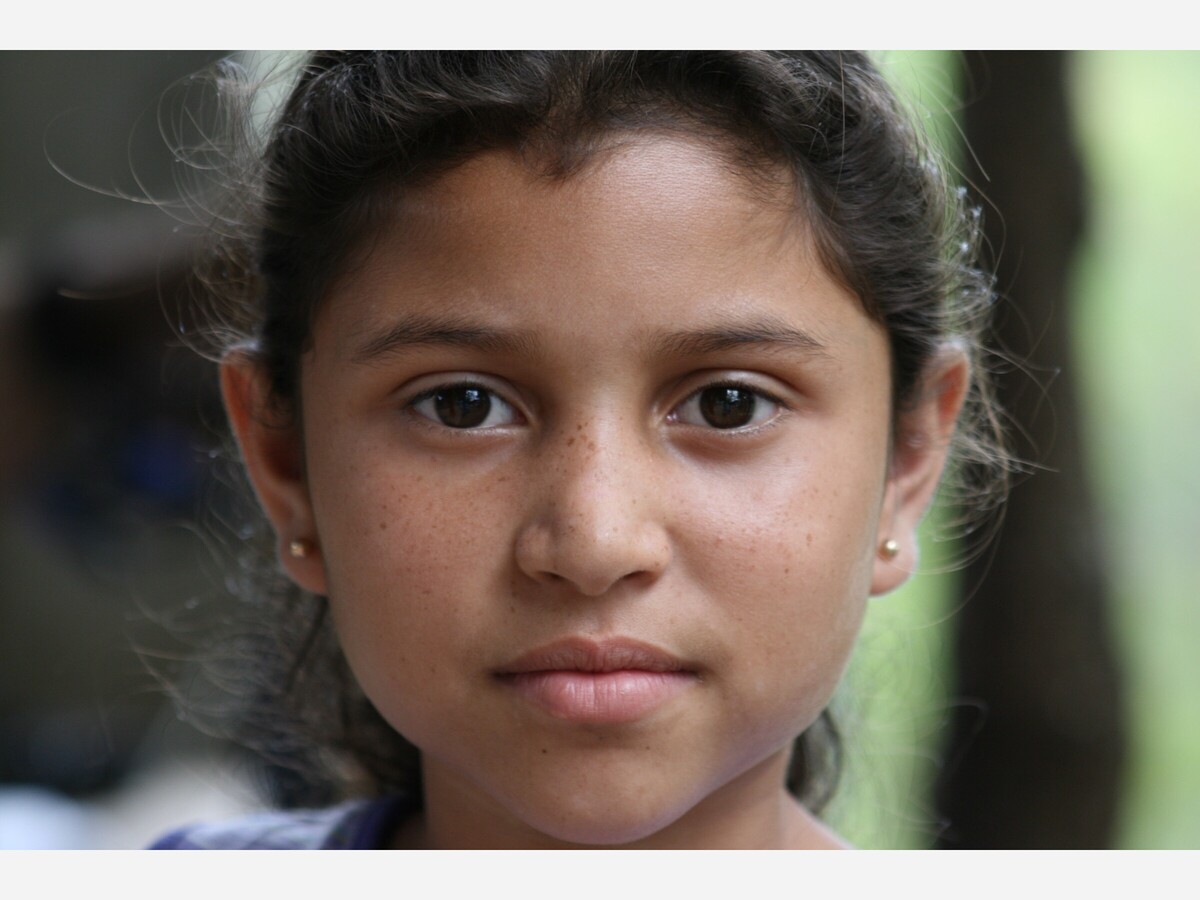Image


Human trafficking takes many forms, including labor trafficking and sex trafficking. Labor trafficking is the exploitation of individuals for forced labor, domestic servitude, or other forms of exploitation, while sex trafficking is the exploitation of individuals, including children, for commercial sex. According to the United Nations, no industry or economic sector is immune to human trafficking. Certain industries are considered high risk for human trafficking, where victims are frequently discovered, including agriculture, construction, textiles, food service, domestic work, entertainment, and the sex trade.
The increasing media coverage and public outcry surrounding high-profile cases of human trafficking, such as those involving Jeffrey Epstein, Ghislaine Maxwell, John Geddert, and Peter Nygard, has brought the issue to the forefront of public attention. However, accurately determining the number of individuals affected by human trafficking is challenging due to its complex and ever-changing nature. Nevertheless, gaining insights into the trends and statistics of modern slavery is crucial to understand the extent of the problem and dispelling misconceptions properly.
The New England states are not immune to the problem of human trafficking. The region is considered a hub for human trafficking due to its proximity to major cities and bustling tourism industry. The city of Boston, for example, is a central hub for human trafficking.
Victims of human trafficking in New England are often women and children recruited from other countries with false promises of good jobs and a better life. Once they arrive in the region, they are often subjected to physical and psychological abuse, forced to work long hours, and live inhumanely.
The New England states have taken steps to address the issue of human trafficking. In Massachusetts, for example, the state has implemented a human trafficking task force, which works to coordinate the efforts of law enforcement, non-profit organizations, and other stakeholders to identify and assist victims of human trafficking. The state also has a hotline for reporting suspected cases of human trafficking and provides services and support to victims. In addition to these efforts, the New England states have also passed laws to increase the criminal penalties for human trafficking and provide additional resources to law enforcement to help them identify and prosecute traffickers.
Despite these efforts, the problem of human trafficking in New England remains a significant challenge, and much more needs to be done to address the issue, including increasing public awareness of human trafficking, providing more resources to support victims, and improving the coordination between law enforcement and non-profit organizations to identify and assist victims.
It's time to shed light on the reality that human trafficking in the New England states is only getting worse. The ongoing efforts to address this modern-day form of slavery through increased awareness, support for victims, and coordinated action from law enforcement and non-profit organizations aren't enough.
If you are in the United States and believe someone may be a victim of human trafficking, call the 24-hour National Human Trafficking Hotline at 1-888-373-7888 or learn how you can take action and get involved in helping victims in your area.